6. The Wrestler (2008)
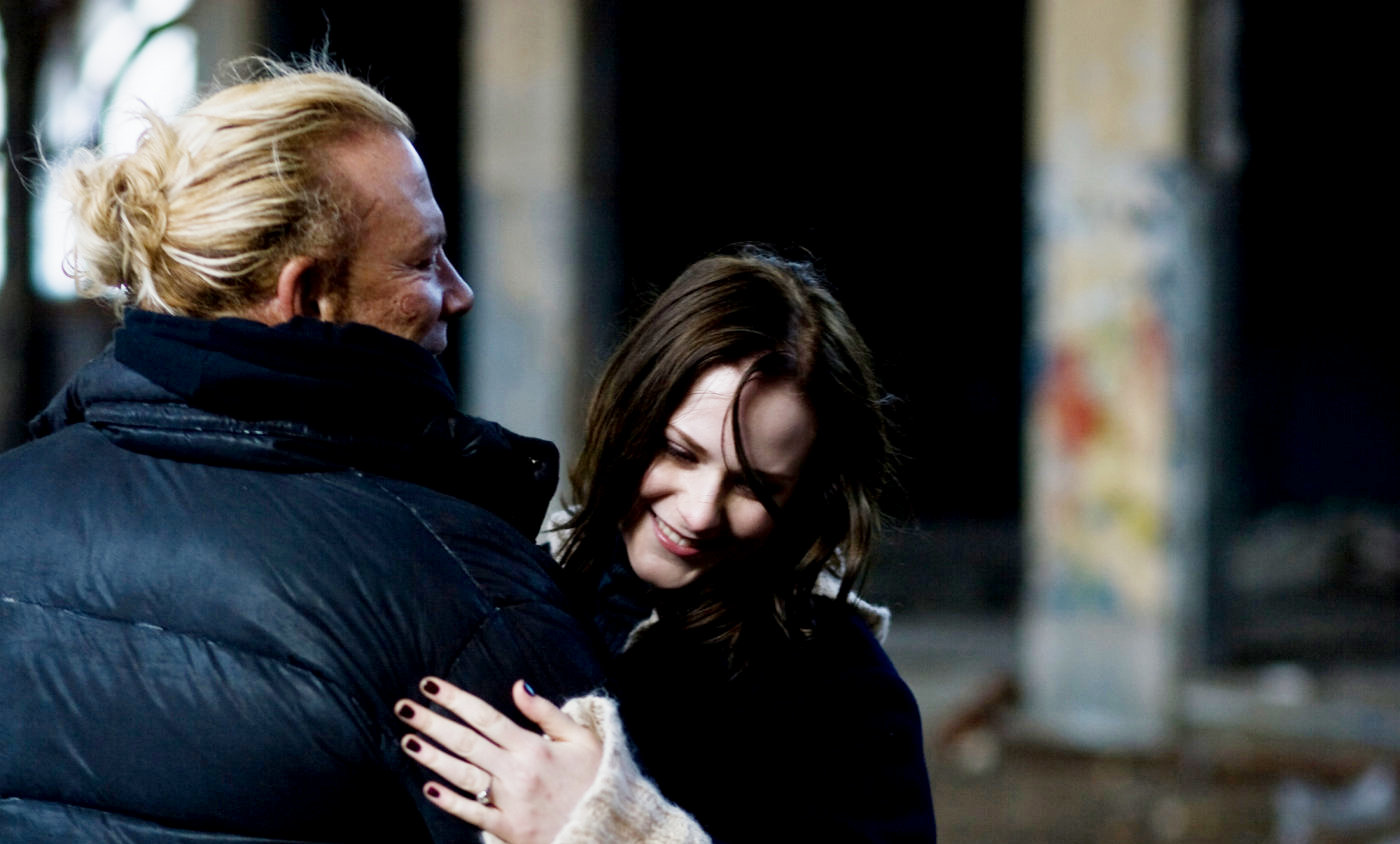
The Wrestler can be compared to Clouds of Sils Maria in the sense that both films deal with the existential dread that accompanies the process of aging out of a career. When Randy “The Ram” Robinson (Mickey Rourke) begins to feel the pains of aging, he retires from his successful career as a wrestler. While taking the time to pursue a relationship and mend broken familial bonds, Randy struggles to let go of the excitement and allure of the life he lived as a wrestler.
The Wrestler depicts its protagonist as a person trapped in a state of extreme internal conflict; the lifestyle that he is fixated on is no longer sustainable in his current state of health. He must make the decision to either sacrifice his love of wrestling or his own health. With this film, Darren Aronofsky successfully captures the existential dread that can be felt when the physical realities of aging prevent a person from living the way they once were able to.
7. Lost in Translation (2003)
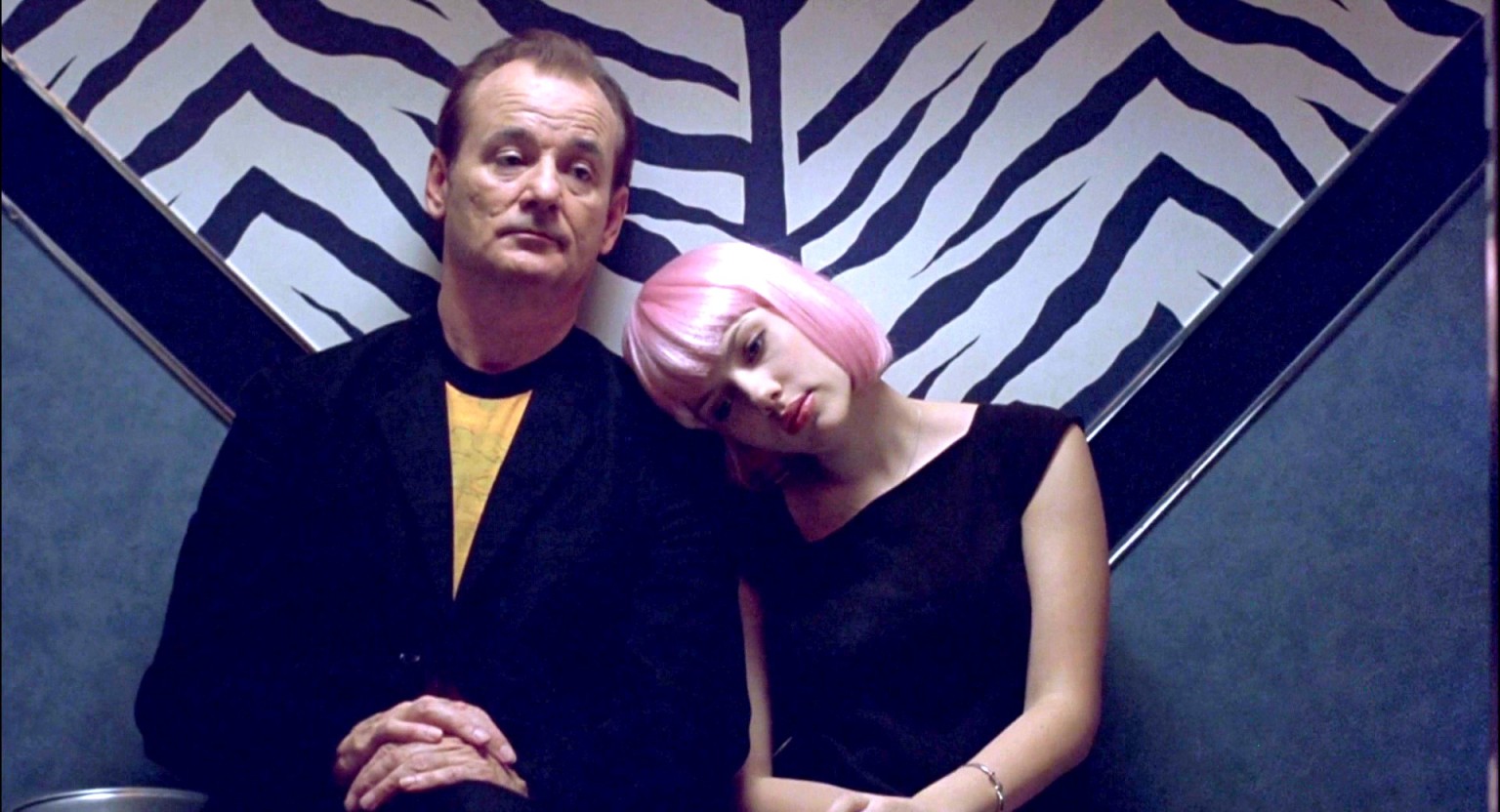
More than anything, Sofia Coppola’s Lost in Translation reads as a film about love and loneliness. However, throughout the movie Coppola uses a background washed in existential anguish to define her characters and fully explore the film’s other themes.
Both of the film’s protagonists, Bob (Bill Murray) and Charlotte (Scarlett Johansson) are introduced to audiences in a state of existential crisis. Charlotte has found herself in a loveless relationship stuck in an unfamiliar city with nothing to do. She spends her days wandering aimlessly around Tokyo, pondering the discontentment she feels with her life. Bob, on the other hand, is characterized as an aging actor in the midst of a midlife crisis fueled by the existential dread of aging. Neither character feels content in their life, but this is partially what bonds them. Ultimately Lost in Translation is an exploration of two characters who are feeling very different types of existential anguish.
8. Trees Lounge (1996)
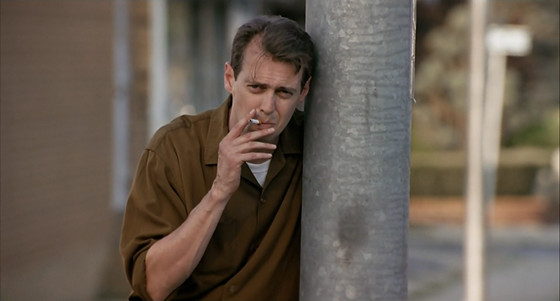
Trees Lounge follows Tommy (Steve Buscemi), an aging alcoholic who spends his days wasting away in his local bar, Trees Lounge. When not drinking, Tommy spends his days driving an ice cream truck, arguing with his former boss, and flirting with the seventeen-year-old daughter of a friend. Additionally, he watches in pain as his former girlfriend gets pregnant and tries to piece together a meaningful life for herself.
Through this narrative, it quickly becomes clear that Tommy’s greatest regret is not necessarily his alcohol addiction, but the life that it has cost him. In this film, Buscemi, who both wrote and directed this film, perfectly conveys the existential dread that comes along with a life lost to alcoholism.
9. Tokyo Story (1953)
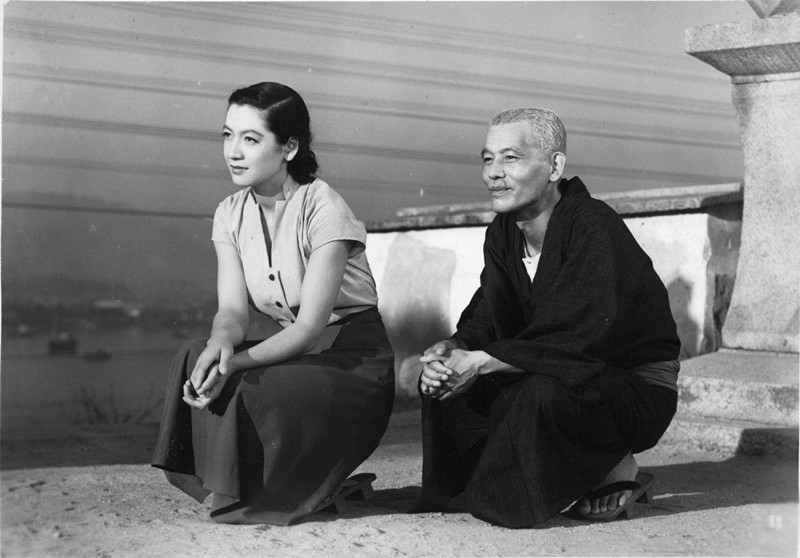
The 1953 film Tokyo Story follows an elerdy Japanese couple who travel to Tokyo to visit their adult children. When the couple arrives, they find that their children are too absorbed in their own lives to pay them any attention. Their widowed daughter-in-law, however, takes time away from work to be with the couple. As the parents realize that their visit may be thought of as a burden by their children, they are forced to consider familial ties, generational differences, and their own impending deaths.
To call the emotion felt by the protagonists of this film “existential dread” would be somewhat inaccurate, because the calm, zen demenior of the elderly couple does not reveal any sense of dread. However, the characters in this film do grapple with existential dilemmas that would certainly inspire a sense of dread in most people.
10. I’m Thinking of Ending Things (2020)
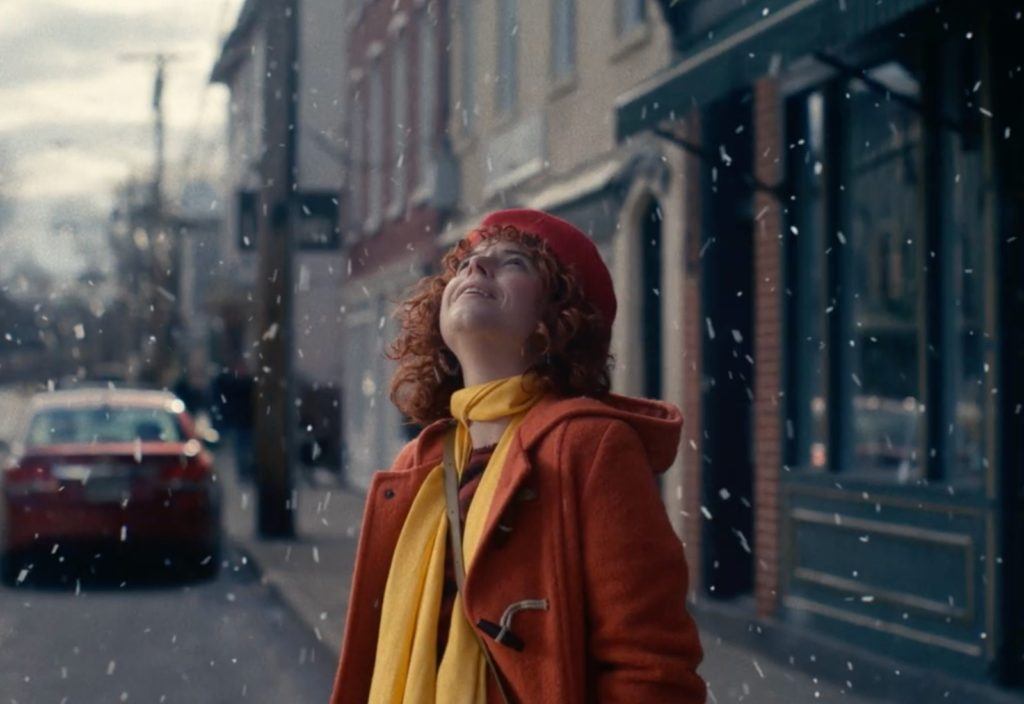
The second Charlie Kaufman film to make this list is I’m Thinking of Ending Things. This movie is certainly a whirlwind of different themes and emotions, but one of the primary topics tackled is the existential dread of aging. Audiences are hit with this theme early on in the film, when the protagonist visits the secluded farm of her boyfriend’s parents. What starts out as a fairly weird family dinner turns disturbing as the parents flash through a sort of nonlinear cycle of aging, appearing as both their younger selves as well as older, sicker versions of themselves.
When, at the end of the film, viewers realize that the entire movie has been constructed inside the mind of an aging janitor who has fabricated a fantasy woman in a bid to imagine a different, better life for himself, they are struck with an overwhelming sense of existential dread.